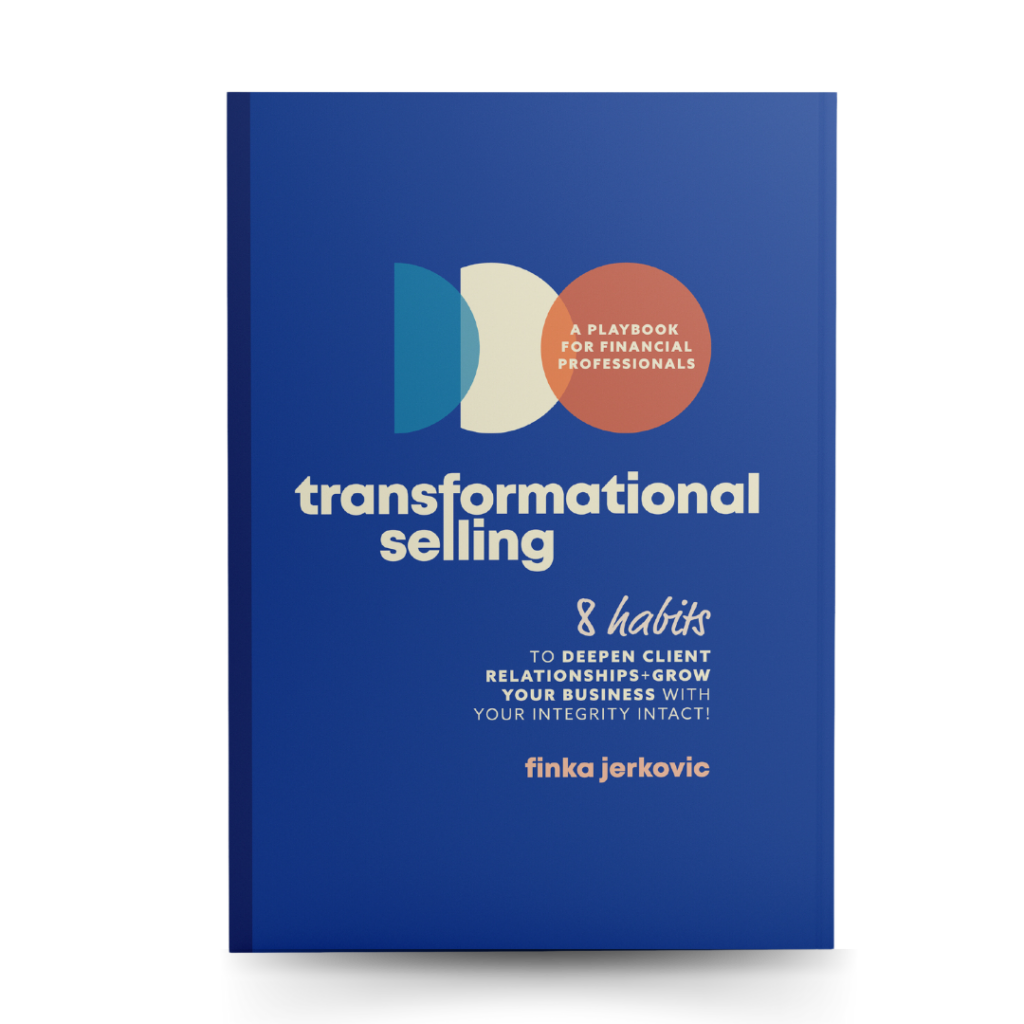Personal integrity means being honest with yourself and others while honouring your values and ethics in your behaviour. Maintaining personal integrity helps you be your most authentic self, which is crucial for sales.
According to a Stackla report, “88 percent of consumers say authenticity is important when deciding what brands they like and support. 46 percent of surveyed consumers say they would pay more for brands they trust.”
Your clients seek your business to access your guidance, experience, and expertise. This means you need to show up with authentic integrity at every stage of the sales process. So, how can you do this?
1. Be Truthful
Sales Conversations
The connection you have with your client is a relationship above all else. They aren’t just a transaction, so you need to treat them as such. Just like you would a friend or family member, be truthful in every conversation you have with your client. Don’t make up stuff just to generate ties of similarity. Chances are the truth will come out down the line, and if your client discovers you fibbed just to get a sale, you’ll most likely lose their business. You don’t need precise things in common. Instead, sympathize with them to maintain your personal integrity, and use the interest they shared with you as another conversation starter.
Sales Proposals
Another part of being truthful is not embellishing your offer, background, and testimonials in your sales proposals. If your offer doesn’t have certain features and benefits or can’t solve particular problems, then don’t tell your client that it can. Transparency is key, especially when your client is buying a solution to help them reach a goal. If they don’t reach the goal because you lied about the value of your offer, not only will your sales pipeline be in jeopardy, but your entire business will be too.
As for your background, at the end of the day, no one will focus on the fancy title of your degree. What your client is really looking for is your experience, who you’ve worked with, and social proof from people who were in the same boat as them. One of the most common methods of social proof is testimonials. If you don’t have any, it can be tempting to make them up, but don’t. It’s not just false marketing—it’s fraud. And that’s a slippery slope you don’t want to go down. Instead, work toward cultivating a healthy collection from your current client pool and think of other ways to present value, like an infographic or ebook.
Own Up to Your Mistakes
You’re human. Mistakes will happen. And while mistakes may leave you feeling discouraged and disappointed in yourself, as long as you own up to them, that’s what counts (and you’ll feel better after too). A mistake could be as simple as sending a client the wrong email. Reply with a thoughtful apology and be honest about how the mistake happened. Chances are your client will be unphased and will understand.
2. Define Your Values
You can’t maintain your personal integrity if you don’t know the core of your values and ethics. Brainstorm what’s important to you in your sales process, at work, and in your personal life. Write down a list, giving you a source of truth to refer to in case your integrity is challenged. Your list can even help you notice blind spots in how you’re currently adhering to your values. For example, after brainstorming your list of values, you recognize that personable conversations matter, as they are one of the most crucial aspects of closing sales, helping your client feel like an actual human over a transaction. You then realize you’re sending spammy, automated offer promo emails to your prospects that aren’t personalized to their pains and situations. In turn, this inspires you to switch gears in your email strategy and sales process. You’re now connecting with clients and prospects using a method that maintains your personal integrity. And it’s all thanks to getting clear on your values.
3. Stand Up for What You Believe In
Working in a professional environment, whether it be a bank or online business, doesn’t mean you need to remain silent if you see something that goes against your values and ethics. Examples of these situations could be a mistreated employee, pushy sales tactics, or prospects with misaligned values from your own. However, a part of preserving your personal integrity is standing up for what you believe in with elegance and grace, not force. Don’t be rude. If you notice an employee is being mistreated, talk to your human resources representative or the manager you report to. If you see a colleague using pushy sales tactics and it’s harming their client relationships, have a 1-1 conversation with them, offering helpful advice and tips. The beauty of being an entrepreneur is that you can be meticulous about the clients you choose to work with. At the end of the day, not all personalities will mesh. But if you see a glaring conflict in your values with a client, you can choose not to work with them.
You Don't Need to Sacrifice Your Values and Integrity for Sales
Whether you work in sales or are the boss of your own business, you don’t need to compromise your integrity to grow your revenue and clientele. It can actually do more harm than good. Not only will you feel uncomfortable with yourself, but it can put your company at legal and reputational risk. So, remember:
- Always be truthful and own up to your mistakes.
- Define what your values are and adhere to them.
- Stand up for what you believe in with elegance, grace, and respect.
Go forth and sell with integrity.


